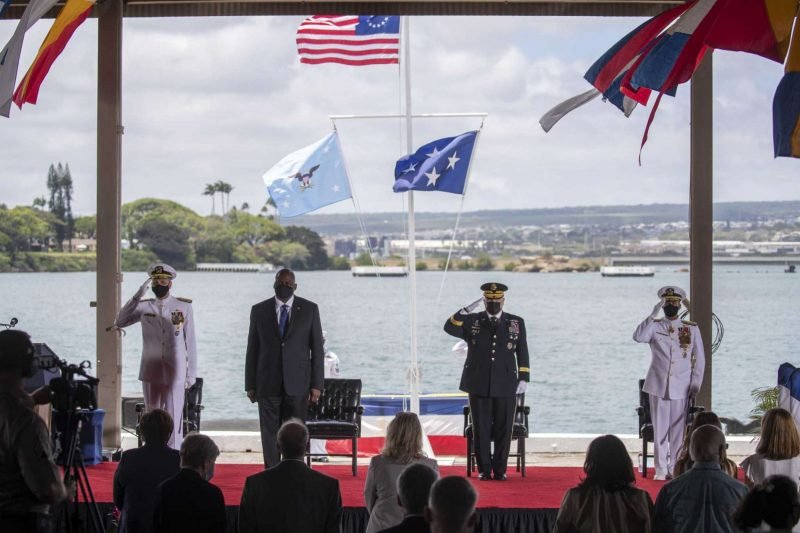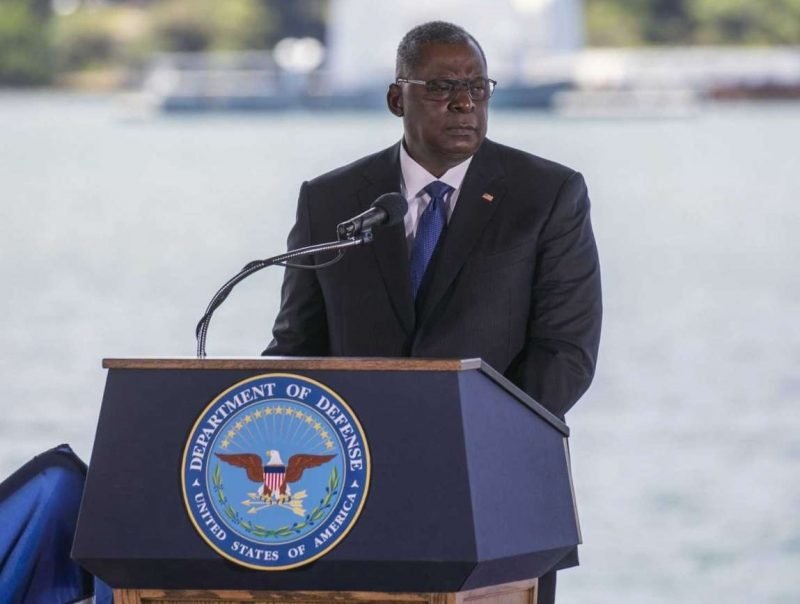On Friday, Lloyd Austin, in his first public speech as Pentagon chief, called for the development of a “new vision” for American defense in the light of increasing cyber and space threats.
Austin said that the military can have leverage that negotiators may use to deter war, supporting President Joe Biden’s intention to prioritize diplomacy in dealing with foreign policy issues. His statement reflected a difference with what some observers call the militarization of U.S. foreign policy in the last decades.
“U.S. military isn’t meant to stand apart, but to buttress U.S. diplomacy and advance a foreign policy that employs all of our instruments of national power,” Austin said.
To express his thoughts, the defense secretary chose Pearl Harbor, the epicenter of U.S. military power in the Indo-Pacific region. Austin did not specifically mention China or North Korea in his message, but he reflected some of the U.S. concerns that accelerated modernization and increasing assertiveness of those countries make them hugely powerful foes.
In his first four months as a defense secretary, Austin has concentrated on pressing questions such as the U.S. withdrawal from Afghanistan and domestic issues such as military extremism, as well as launching comprehensive assessments of defense strategy.
Austin also informed that the U.S. military cannot be content with thinking it is the best and most capable military on the planet today — “not at a time when our potential adversaries are very deliberately working to blunt our edge.”
He seemed to be referring to China, which has recently intensified its military modernization and development of a vast range of advanced weapons while the United States has been oriented for two decades on fighting extremist organizations such as al-Qaida in Afghanistan and the Islamic State organization in Iraq and Syria.
“The way that we fight the next major war is going to look very different from the way that we fought the last ones,” he said. “We all need to drive toward a new vision of what it means to defend our nation.”
He spoke at a ceremony announcing the advent of Adm. John Aquilino as the new commander of the United States Indo-Pacific Command, replacing Adm. Philip Davidson, who has been an active supporter of the concerns that China is moving very quickly to be in a position to take over Taiwan by force within a few years.
In his final speech at Friday’s ceremony, Davidson restated his point that China is engaging in “pernicious” actions in order to undermine US dominance in the region.
Austin did not name clear possible flashpoints for conflict in the Indo-Pacific region, but he did say that the U.S. needs to create a new vision of a defense that makes better use of new technologies.
Read more:
- Iran, US Agree To Prisoner Swap And Release Of Frozen Funds
- U.S. Citizens Were Among Those Killed In Israeli Festival Disaster
The Pentagon chief also said that the United States defense will continue to rest on maintaining deterrence, which he described as “fixing a basic truth within the minds of our potential foes: The costs and risks of aggression are out of line with any conceivable benefit.”
To sustain that deterrent effect, the United States military must utilize existing capabilities, create new ones, and use them together in new ways — “hand in hand with our allies and partners.” This should be done in accordance with US diplomatic priorities and actions, Austin said, in order to avoid conflict in the first place.
“It’s always easier to stamp out a small ember than to put out a raging fire,” he said.


























